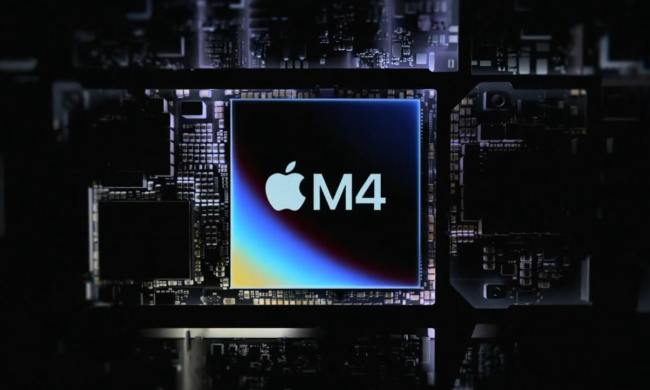We can now consider the entire world as one big computer from this day forward. That is the message Microsoft CEO Satya Nadella conveyed during a presentation in London, pointing to artificial intelligence, cloud computing, and the rising army of Internet of Things devices that create this global computer.
“Digital technology, pervasively, is getting embedded in every place: Every thing, every person, every walk of life is being fundamentally shaped by digital technology — it is happening in our homes, our work, our places of entertainment,” Nadella said. “It’s amazing to think of a world as a computer. I think that’s the right metaphor for us as we go forward.”
For a long time, Microsoft’s motto was that we were living in a mobile-first world. That has since changed with Nadella taking the wheel, as artificial intelligence and cloud computing is emerging in the background of everything we use whether it’s a chatbot, game streaming from the cloud, or managing the local thermostat using a smartphone. We now live in an A.I.-first world.
That said, Microsoft is changing its strategy by making A.I. the central focal point that binds all of its core products together. A.I. will also be the driving force behind new services on Microsoft’s Azure platform including speech processing, natural language processing, computer vision and more.
Although A.I. is nowhere close to Skynet proportions, humans are already creating A.I. to write programs that can’t be written by any man or woman. Machines will soon match and even surpass the intellectual abilities of their makers. Even more, all that computational power will be fueled by the cloud, the “edge” devices, and the big data collected and used to shape that global intelligence.
“You need to be able to take computing to every place where data is going to be generated in large volumes — to an oil rig or a retail shop or a factory,” he said. “All of these are going to have lots and lots of sensors and lots and lots of data which will require computing, and that’s what we are doing. Nine billion microcontrollers that are shipped every year as part of your toasters, your refrigerators, your drills — every piece of equipment you can think of — and we want to cloud-connect them.”
But having all devices connected to the cloud powered by A.I. can be a frightening thought. We circle back to the fictional Skynet scenario where A.I. becomes self-aware and attempts to eradicate the human race like pesky roaches. In the real world, the big scare is privacy, prejudice, biases, and a reliance on external cloud platforms. For instance, the Nest platform went down for three hours earlier this week, rendering its “smart” locks and alarms in North America, Canada, and the Netherlands utterly “clueless.”
“Technology developments just don’t happen; they happen because of us as humans making design choices — and those design choices need to be grounded in principles and ethics, and that’s the best way to ensure a future we all want,” Nadella said.


